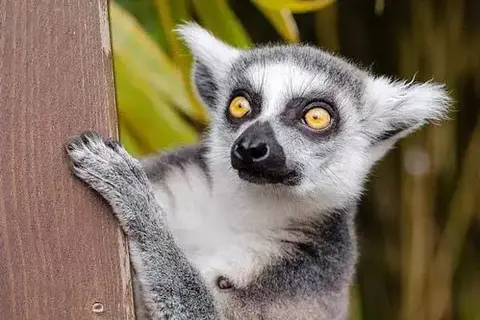What Is Chinchilla Life Expectancy?
Khai DoveChinchillas have an exceptionally long life expectancy for rodents , which is often an attractive and decisive factor in choosing a pet. In their natural habitat in the Andes of South America, they usually live from 8 to 10 years, but in the home, many chinchillas live from 15 to 20 years. To maximize the life expectancy of a chinchilla, proper care is essential.
Chinchilla life expectancy in the wilderness
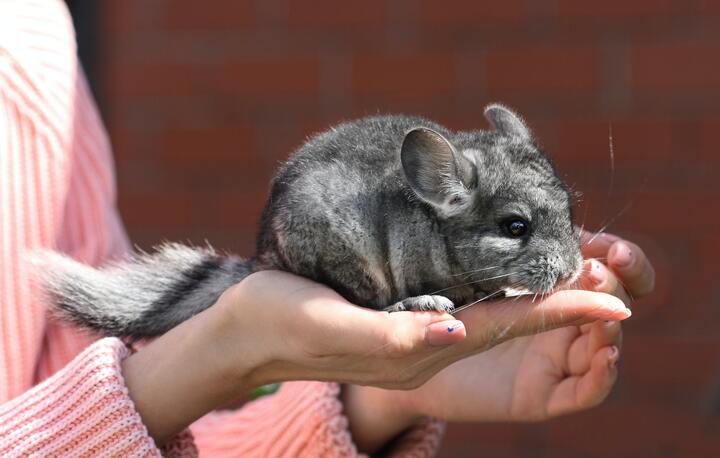 Photo by Tanya Kusova on Unsplash
Photo by Tanya Kusova on UnsplashChinchillas live in the foothills of Peru, Chile, Bolivia, and Argentina. In the wild, they do not live longer than 10 years on average. Owls and other birds of prey, as well as foxes and wild cats, are the main threats to the life of the chinchillas, and often do not allow them to reach their biological potential.
Another major threat to the lives and populations of these rodents is human activity. The fur of chinchillas is of great value for sewing clothes, and even though hunting them is illegal, it continues. Also, the anthropogenic impact of humans on the natural habitat of animals reduces their habitat and population as a whole.
Chinchilla life expectancy at home
Like most other animals, chinchillas live much longer at home, up to 20-25 years. The oldest registered chinchilla named “Radar” lived 29 years and 229 days and died September 18, 2014, in Acton, California. She was born in Germany on February 1, 1985, but then moved to America with the owner in 2002.
As pets, chinchillas obviously do not fall prey to predators and hunters, which greatly increases their potential life expectancy. Moreover, as pets, they are provided with all the necessary food and no longer have to fight for a life in the harsh wild climate. Veterinary care also helps to increase their quality and life expectancy.
How do I increase the life expectancy of a chinchilla?
How do I increase the life expectancy of a chinchilla?
Nutrition is extremely important to keep your chinchilla in good shape. Specially formulated feeds without nuts, seeds, dried fruits, and corn are well suited for these rodents. Nuts, for example, are very fatty food for them, which in large quantities can provide a strong blow to the health of the animal. Chinchillas need constant access to hay from Timofei, clean and freshwater, as well as toys and other items that can be chewed safely.
It is also important to provide the chinchilla with sufficient space to move, and at least one companion: these animals are used to nesting in packs and do not like to live alone. Environmental hygiene will also contribute to longevity. Daily change the dirty bedding and old food to new ones. Cleaning the cell is recommended every week. And, of course, carry out regular checkups and pay attention to any possible changes and problems.
Tips about chinchilla life expectancy
Unlike other rodents such as hamsters, mice, and guinea pigs, chinchillas as pets live much longer. And it’s important to consider this because chinchilla content can be a potential 20-year commitment. This means that all this time you will need to clean the cage, fill the water bowl, buy food. And the mass of things besides that: bedding, toys, bowls, games, organization of care when you will be absent. And also do not forget that ideally chinchillas should be kept at least in pairs, so you will probably take care of more than one chinchilla.
The Average Lifespan of a Chinchilla
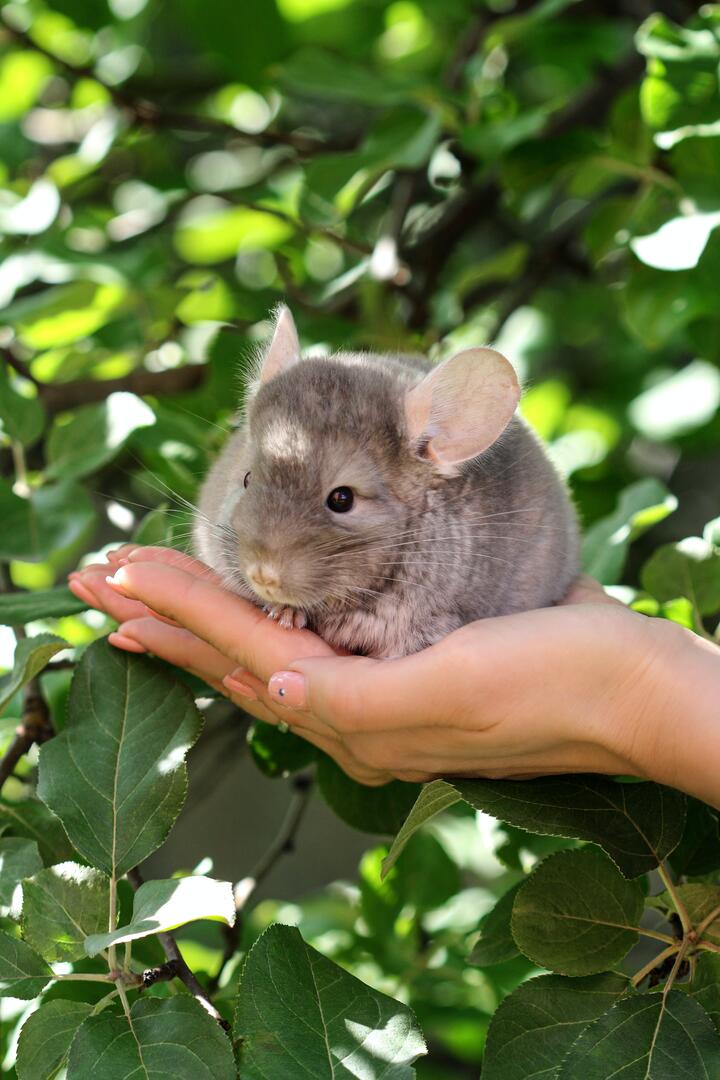 Photo by Tanya Kusova on Unsplash
Photo by Tanya Kusova on UnsplashChinchillas are known for their long life expectancies. The lifespan of these animals can be extended to many years with proper care. They can live up to thirty years if taken care of properly. Their activity level depends on how healthy they are and how old they are. There are several factors that affect the life expectancy of chinchillas, including environmental hygiene and genetic issues. However, good care and a healthy environment will increase chinchillas’ longevity.
While chinchillas are not as active as some other pets, they are able to live up to twenty years if taken care of well. While their life span is variable, the lifespan of domestic pigs and guinea pigs is longer than that of wild pigs. Controlling ambient temperature is one of the best ways to extend a chinchilla’s life.
Although chinchillas may seem short-lived, they can actually live up to twenty years. Whether your chinchilla is a youngster or an adult, good food is essential for its healthy life. If your chinchilla is refusing to eat, it may be suffering from a medical condition. A vet will be able to diagnose any underlying problems and give you a more accurate estimate. You don’t want your guincho to starve and die of toothache or sore throat.
Some chinchillas live longer than expected. This is largely due to good genetics and proper care. It’s also possible to buy a chinchilla that has two-fold the expected lifespan. Despite its short lifespan, a chinchilla’s longevity is certainly worth the investment. If you’re not sure whether a chinchilla is right for you, be sure to do your research and find out if it is right for your lifestyle.
Chinchillas are not as long-lived as most cats and dogs. They can live up to fifteen years. While the wild chinchilla’s life expectancy is typically less than ten years, a domesticated chinchilla can live up to twenty years. If you have a chinchilla, you can extend its life with proper care. The fur of a chimp is very soft and luxurious.
The lifespan of a chinchilla varies between eight and ten years. In the wild, chinchillas live for about eight to ten years and can live for as long as fifteen to twenty-five years in captivity. In their mature stage, a female chinchilla will bear five to six babies. The babies are born with claws and eyes, so they must be kept separate from adult chubby cockroaches for this period.
Chinchillas can live as long as fifteen years. This number is dependent on their genetics and the type of care they receive throughout their lifetime. They need a lot of love and knowledge to survive and have a long life. This animal can live for many years. The chinchilla may not be as old as you think. It is very hard to tell how long it will live, but you can find out by observing its behavior.
Chinchillas have a long life compared to other rodents. They live for fifteen to eighteen years in the wild. In captivity, a chinchilla can reach up to twenty years, but they are still much smaller than other rodents. Nonetheless, they can live for 15 to 18 years with proper care and TLC. It is important to take care of your chinchillas to ensure their healthy longevity.
A chinchilla’s life expectancy is longer than that of other rodents. However, the lifespan of a chinchilla depends on its diet, its habitat, and its environment. In captivity, a kinchilla can live up to 20 years. It is important to remember that a chinchilla’s diet needs to be properly balanced to be happy and healthy.
Chinchillas live for around 20 years. Their average lifespan is ten to fifteen years, but you should check your pet’s health with your veterinarian. It is best to monitor your chinchilla’s life expectancy at least once a month. If the chinchilla is not a senior, it should be kept indoors to reduce stress. If your chinchilla has poor vision, you should seek professional help to monitor it.
- WildlifeAmazing Facts About Polar Bear Cubs
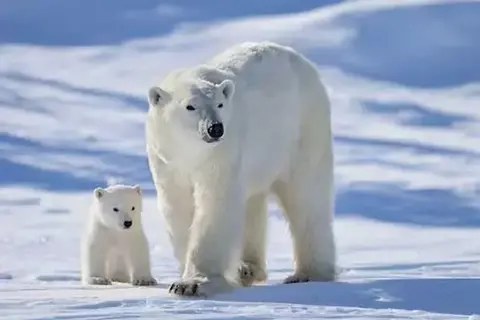
- Rodents20 Interesting Facts About HamstersBy Noah Young

- RodentsCan Guinea Pigs Eat Apples?By Nolan Foster
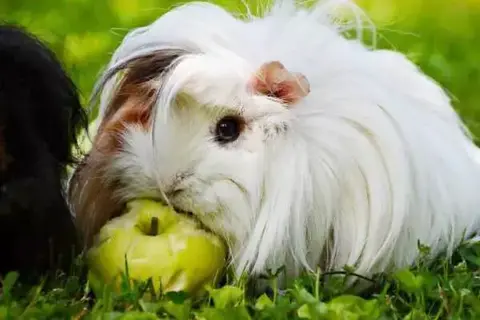
- DogsDoggie Relaxing MassageBy Evelyn Star

- LivestockCan Goats Eat Tomatoes And Celery?By Karla Miller
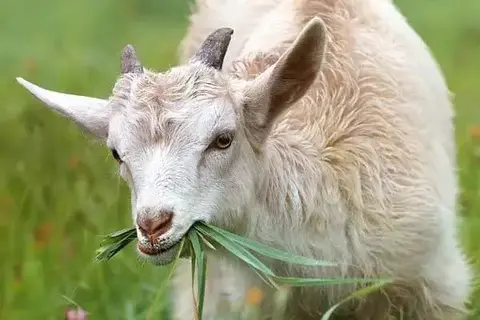
- RodentsHamster Or Guinea Pig: Who Should I Choose?By Charlotte Green
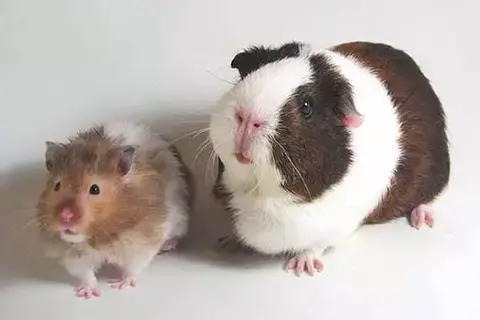
- InsectsAll About Ants With White WingsBy Amelia B
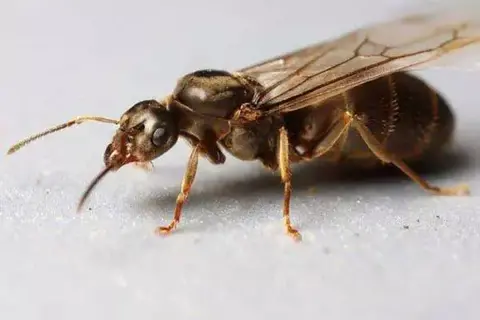
- Birds7 Interesting Facts About SwansBy Charlotte Green
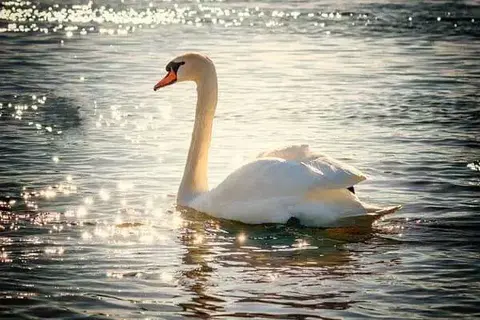
- WildlifeSnow Leopard Habitat And ConservationBy Khai Dove
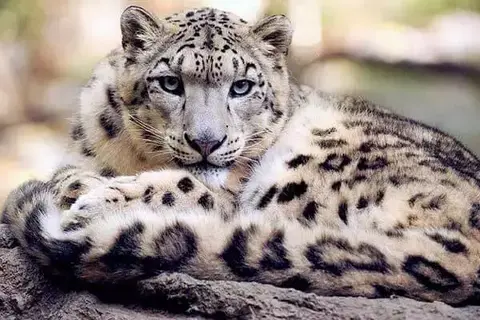
- WildlifeInteresting Facts About LemursBy Khai Dove
